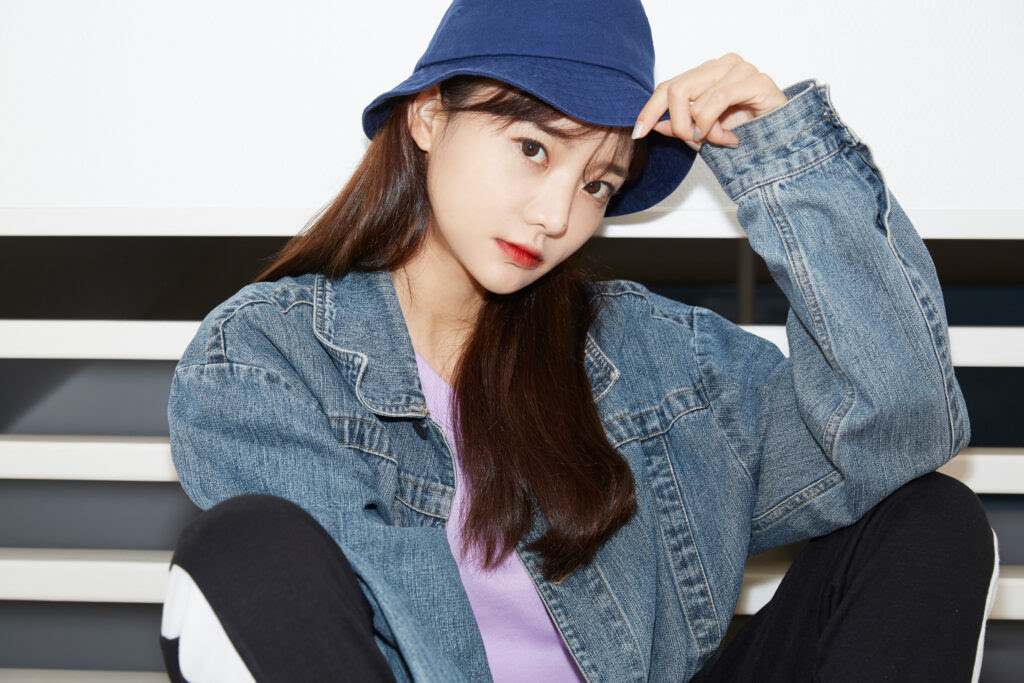
As per the observations at just concluded Fashion InStyle, the fashion industry is in the midst of a dynamic shift, driven by a focus on sustainability, diversity, and exciting global opportunities, . As consumer expectations evolve, leading brands are embracing these trends to stay ahead of the curve.
Inclusivity takes center stage
Diversity is no longer a niche concept; it's a core principle. Brands are increasingly recognizing the importance of representation in everything they do, from design and marketing to their workforce. This shift towards inclusivity reflects a desire for authenticity and relatable experiences. Consumers connect more with brands that champion diverse voices and influencers who embody these qualities. By embracing diversity, the industry not only fosters social progress but also unlocks new markets and expands its customer base.

Emerging markets fuel fashion's future
The global fashion landscape is no longer solely focused on traditional fashion capitals. The rise of middle-class consumers in emerging Asian markets presents a significant opportunity for international expansion. Savvy brands are tailoring their products and marketing strategies to resonate with these diverse audiences, positioning themselves for success in this ever-evolving market.
Tech revolutionizes the fashion experience
Technological advancements are playing a crucial role in shaping fashion trends. Artificial intelligence, data analytics, and digital platforms are transforming how brands design, produce, and market their products. These innovations allow for personalized experiences, streamlined supply chains, and deeper customer engagement. Fashion companies that leverage these tools effectively will gain a competitive edge and stay relevant in the digital age.
Sustainability and ethical practices take root
Environmental and social responsibility are no longer afterthoughts; they're at the forefront of the industry. Sustainability, ethical fashion, and gender fluidity are key trends reshaping the global market. This reflects a growing consumer awareness of the environmental and social impact of fashion, a demand for responsible practices, and a desire for inclusivity and self-expression.

Eco-Conscious fashion on the rise
The shift towards sustainability in fashion has gained significant momentum. Brands are prioritizing the use of eco-friendly materials like organic and recycled fabrics, along with adopting environmentally conscious manufacturing processes. This holistic approach to sustainability encompasses reducing environmental impact, promoting fair labor practices, and ensuring transparency throughout the supply chain. Ultimately, brands are striving to deliver stylish and innovative fashion while making a positive contribution to the planet and society.
Ethical fashion gains traction
Ethical sourcing and fair labor practices are no longer optional. Consumers are demanding brands that uphold fair wages, safe working conditions, and ethically sourced materials. Ethical fashion promotes responsible practices throughout the production cycle, encouraging brands to prioritize social impact alongside profitability. By embracing ethical fashion, brands demonstrate their commitment to a more equitable and humane industry.
Fashion embraces fluidity
Gender-fluid fashion is another progressive movement challenging traditional norms and promoting inclusivity. This movement offers clothing options that transcend restrictive gender stereotypes, empowering individuals to express themselves authentically, regardless of societal expectations. By embracing gender-fluid fashion, the industry fosters a more inclusive and representative environment, fostering acceptance and breaking down barriers.












